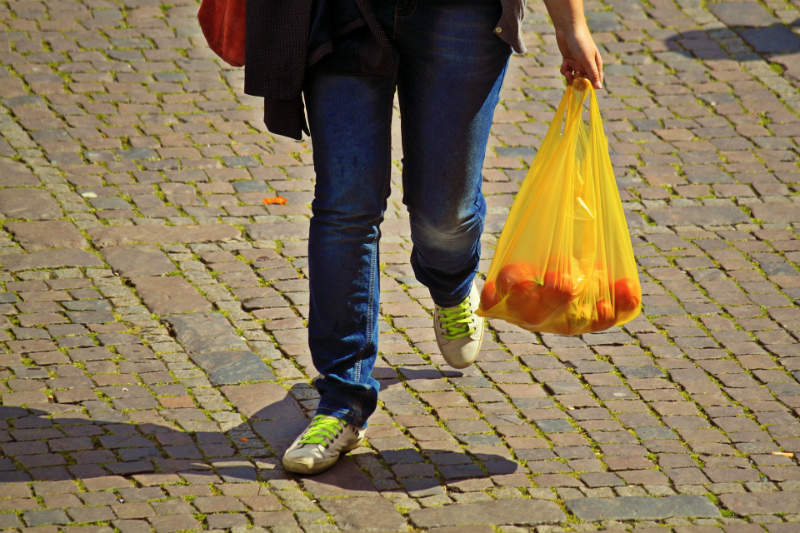The plastic shopping bag, the hated urban tumbleweed of modern life, has had a bad time recently. Its days are numbered. With Mumbai joining England in raising prices on plastic shopping bags, is a renaissance of consumer baskets and paper packaging on the horizon for everyday shoppers?
What is the problem?
Plastic is difficult to recycle as it is often contaminated by other substances. It is energy intensive to do and logistically difficult to separate and clean all plastics into recyclable and non-recyclable variants.
With the introduction and subsequent extension of China’s plastic recycling imports ban, waste from plastic packaging starts to pile up, underlining the environmental impact that high plastic consumption has on the world. According to the BBC, from a total of 8.3 billion tons of virgin plastic produced to date, 6.3 billion tons of plastic waste had been generated (as of 2015). Approximately 80% of that waste went into landfills and the natural environment, 12% was incinerated and 9% was recycled. At current production and waste management trends, approximately 12 billion tons of plastic waste will be in landfills or nature by 2050.
Various governments have introduced a charge on shopping bags. Since the introduction of the 5p charge in England, plastic bag use has plummeted by over 80%. All of the major supermarkets in the UK have introduced programmes and targets to reduce the reliance upon single-use plastics. Morrisons, however, has taken the novel decision to bring back paper bags as they are cheap, recyclable and biodegradable.
What could happen next?
The plastic shopping bag appears to be part of a cycle. Before the 1800s, shopping bags did not exist; shoppers used baskets or had the merchant deliver to their homes, just as online shopping delivery does so today. Paper bags came in when they became easy and cost-effective to mass produce, only to themselves be replaced by plastic bags. As the environmental cost of plastic bags starts to outweigh the benefit, much of the demand for single-use plastic bags has fallen. There is no requirement for supermarket delivery trucks to use single-use bags when collecting together consumers’ purchases when paper or reusable delivery trays will do. Consumers now take their own fabric bags to supermarkets to avoid the charge.
The next step will be reformulated biodegradable plastic such as PEF, and paper bags where demand still exists, such as in smaller businesses and at the fruit, dairy and meat counters.

US Tariffs are shifting - will you react or anticipate?
Don’t let policy changes catch you off guard. Stay proactive with real-time data and expert analysis.
By GlobalDataWith recent developments in design such as 3d printing, consumers are now able to print and sell their own efficient collapsible designs for reusable baskets. An opportunity exists now where supermarkets could promote competitions to 3d print the next environmentally friendly, reuseable packaging and carrier bags that use the least raw materials. By harnessing people’s creativity, and rewarding them financially, the next great packaging revolution will have a positive impact on the environment, rather than negative.




